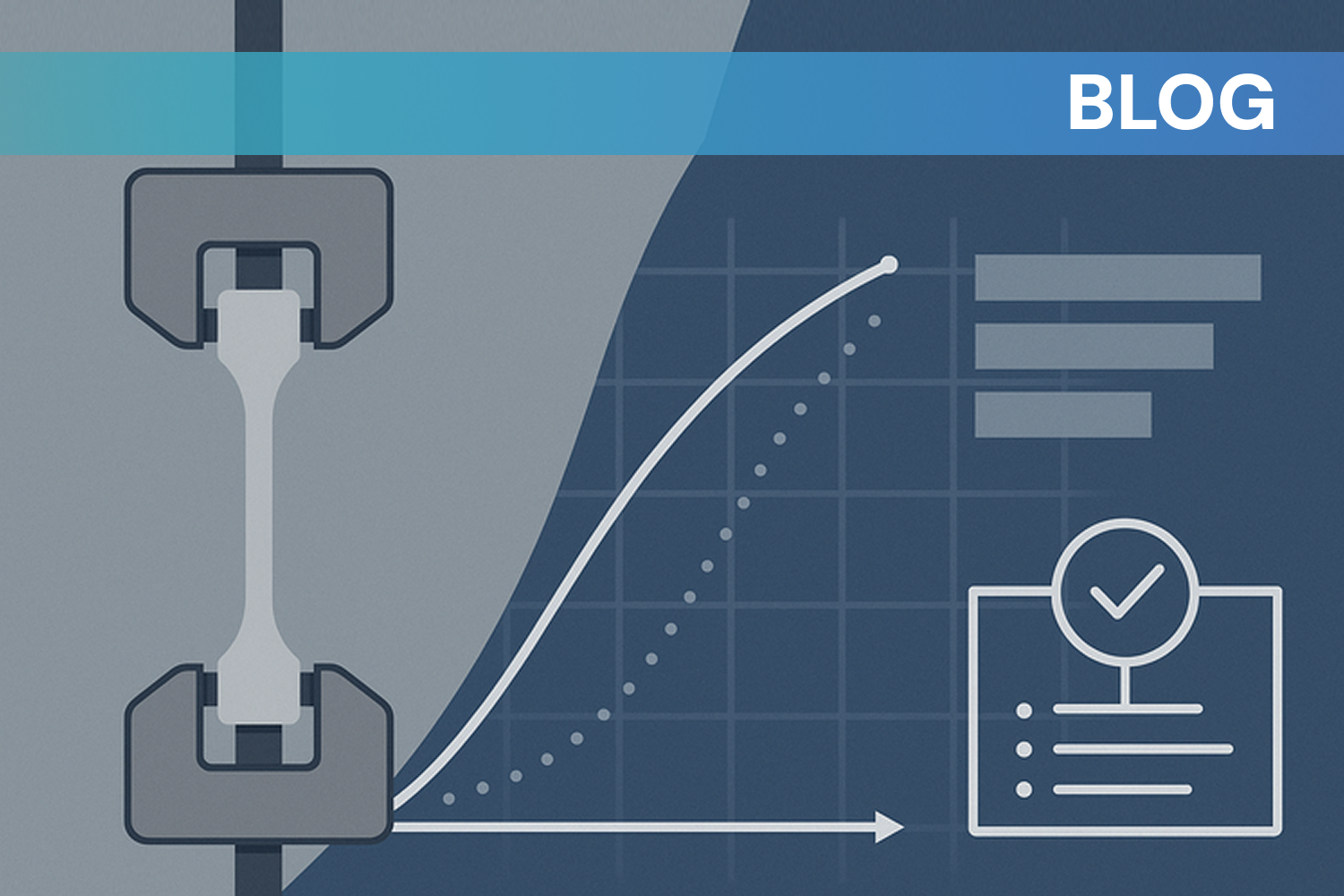The Role of Lab Data Management Software in Streamlining Materials Development Processes
In the fast-paced world of materials development, managing and analyzing vast amounts of data is crucial for successful research and innovation. This article explores the pivotal role of lab data management software in streamlining materials development processes. By leveraging advanced technologies and intelligent data handling, lab data management software revolutionizes the way materials data is collected, organized, and utilized.
.png)

The Challenge of Data Management in Materials Development
Managing data effectively is a significant challenge in materials development. Researchers deal with an abundance of experimental data, ranging from synthesis parameters and characterization results to performance testing and environmental conditions. Traditional manual methods of data storage and retrieval often lead to inefficiency, data fragmentation, and potential errors.
The Benefits of Lab Data Management Software
Lab data management software offers numerous benefits that address the challenges faced in materials development:
- Centralized Data Storage: A robust software platform enables researchers to store all data in a centralized repository, ensuring easy access, data integrity, and security.
- Efficient Data Organization: Researchers can categorize and tag data, making it easier to search, retrieve, and reuse in future projects. Advanced search functionalities facilitate rapid data retrieval based on specific criteria.
- Data Sharing and Collaboration: Lab data management software allows for seamless collaboration among team members, enabling efficient sharing of data, protocols, and insights. Real-time collaboration and version control features enhance teamwork and productivity.
- Integration of Instruments and Devices: Many lab data management software systems integrate with laboratory instruments and devices, automating data acquisition and reducing manual data entry errors.
- Workflow and Process Automation: The software streamlines workflows by automating routine tasks, reducing manual effort, and enabling researchers to focus on critical analysis and decision-making.
- Data Analysis and Visualization: Advanced analytics and visualization tools within lab data management software enable researchers to extract valuable insights from large datasets quickly. Visual representations, such as graphs and charts, enhance data interpretation and facilitate decision-making.
Impact on Research Efficiency and Collaboration
Implementing lab data management software significantly improves research efficiency and collaboration in materials development:
- Time Savings: Researchers spend less time searching for data, manually entering information, and repeating experiments. The software's streamlined workflows and automated processes save valuable time.
- Enhanced Data Integrity: Lab data management software ensures data accuracy, consistency, and integrity, reducing the risk of errors and inconsistencies.
- Accelerated Decision-Making: Quick access to organized data and powerful analytics tools empower researchers to make informed decisions promptly, expediting the materials development process.
- Collaborative Research: The software fosters collaboration by providing a shared platform for data exchange, analysis, and knowledge sharing. This facilitates interdisciplinary collaboration and accelerates research outcomes.
Future Trends and Advancements
The field of lab data management software continues to evolve, incorporating artificial intelligence, machine learning, and predictive modeling. The article briefly discussed emerging trends, such as automated data capture, data-driven experimentation, and integration with other software platforms, which hold promise for further enhancing materials development processes.
Conclusion
Lab data management software plays a pivotal role in streamlining materials development processes by optimizing data management, fostering collaboration, and enabling informed decision-making. As the demand for faster innovation and improved efficiency increases, the adoption of lab data management software becomes essential for organizations engaged in materials development. Embracing this technology-driven approach empowers researchers to unlock the full potential of their data, driving advancements in materials science.

.png)


